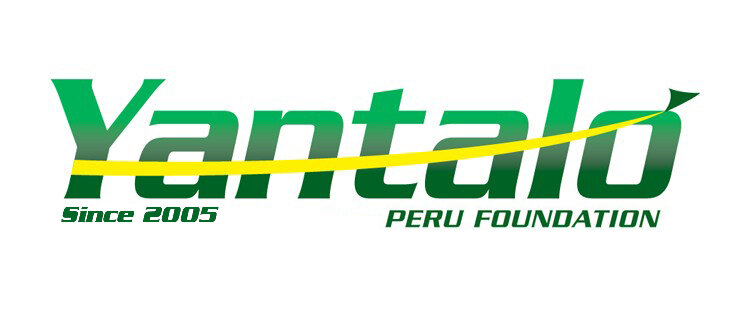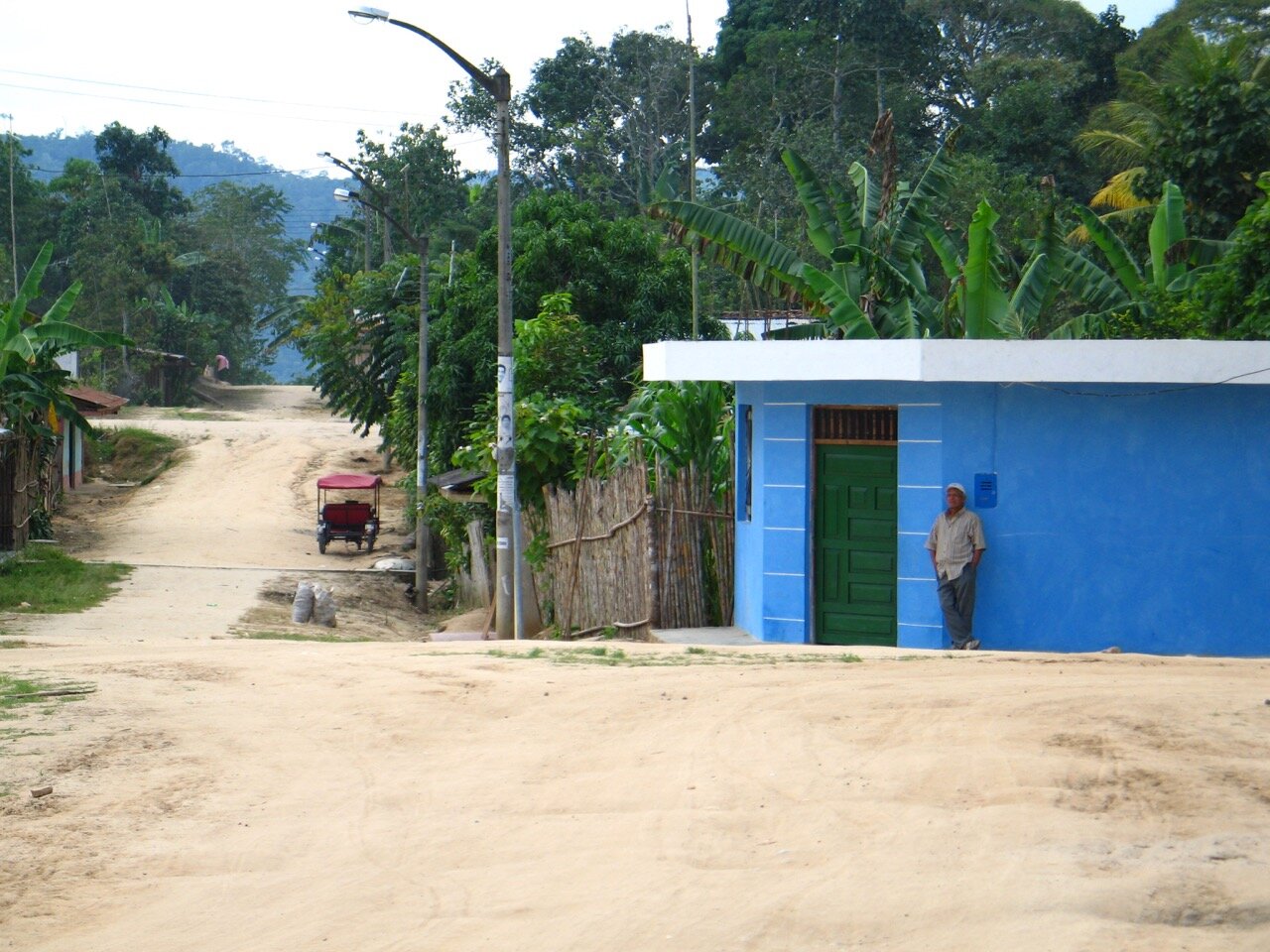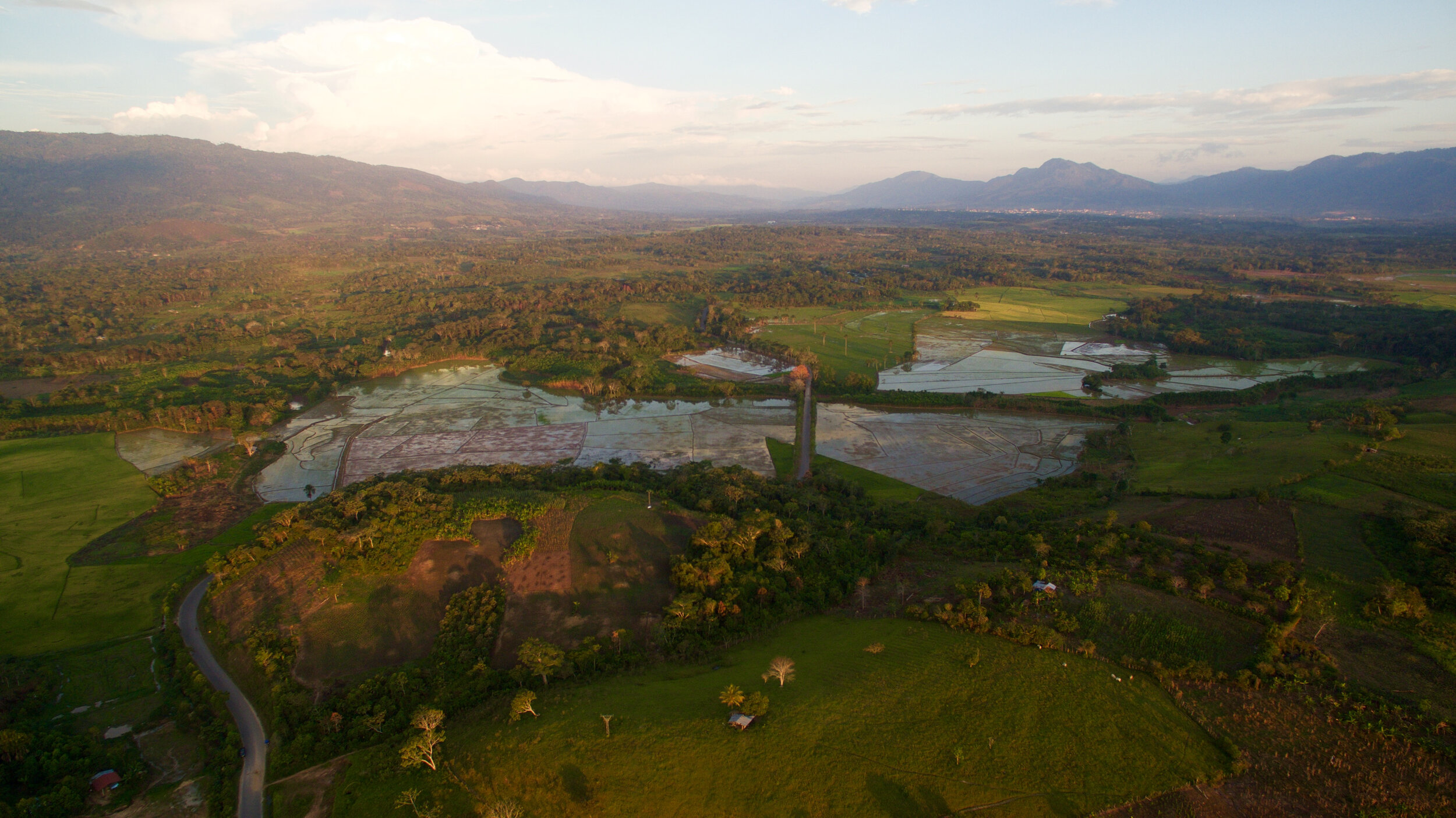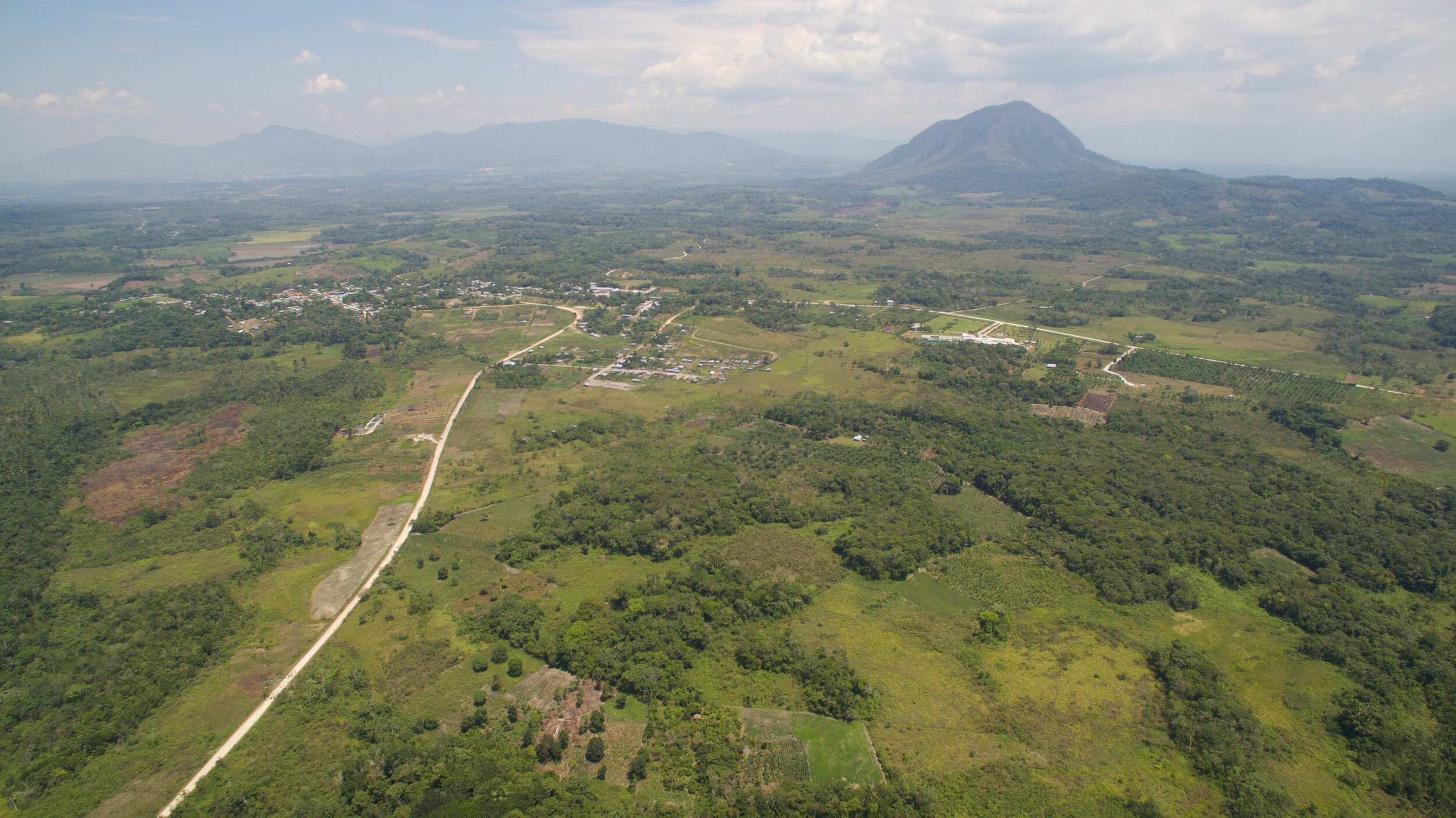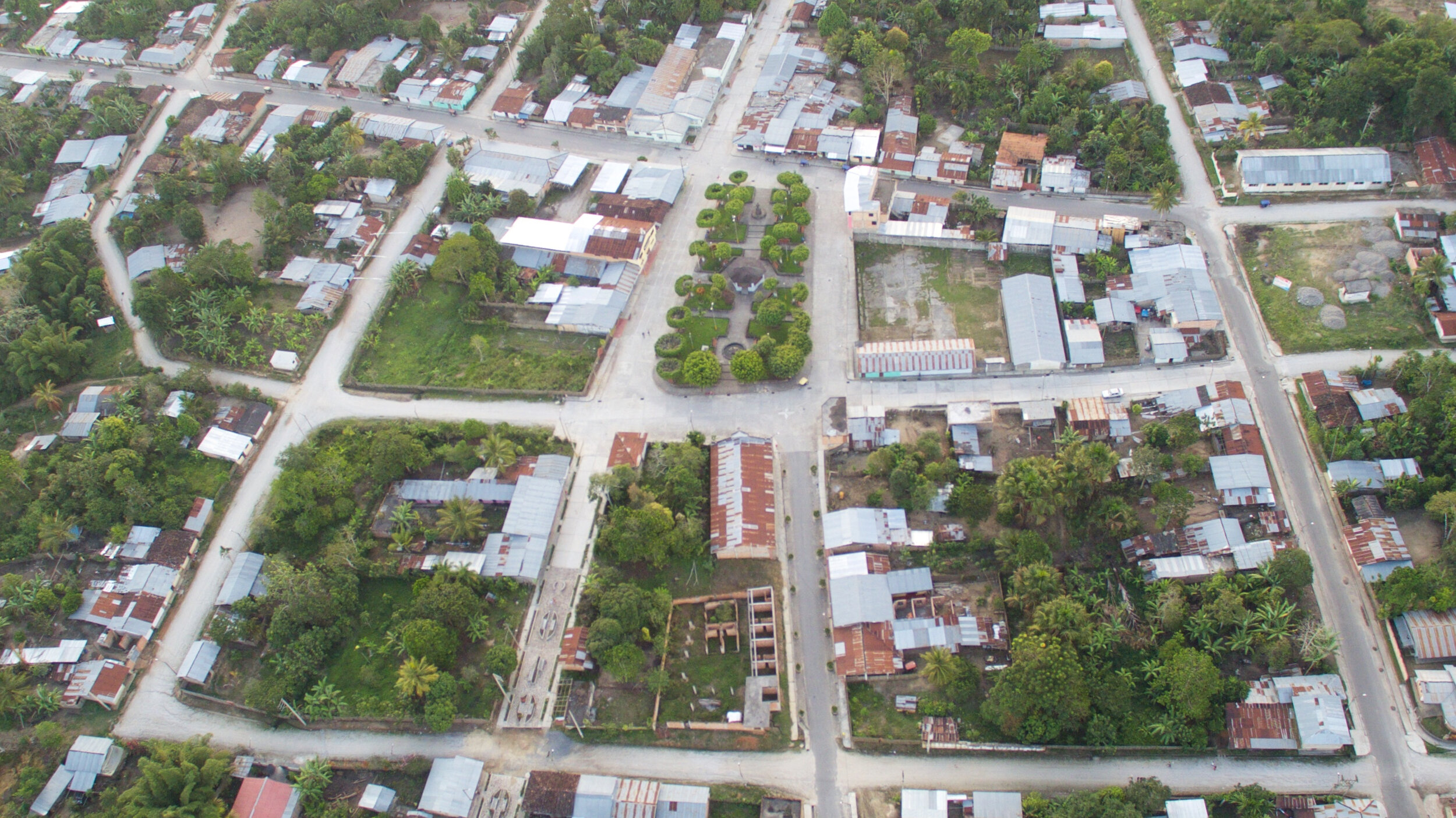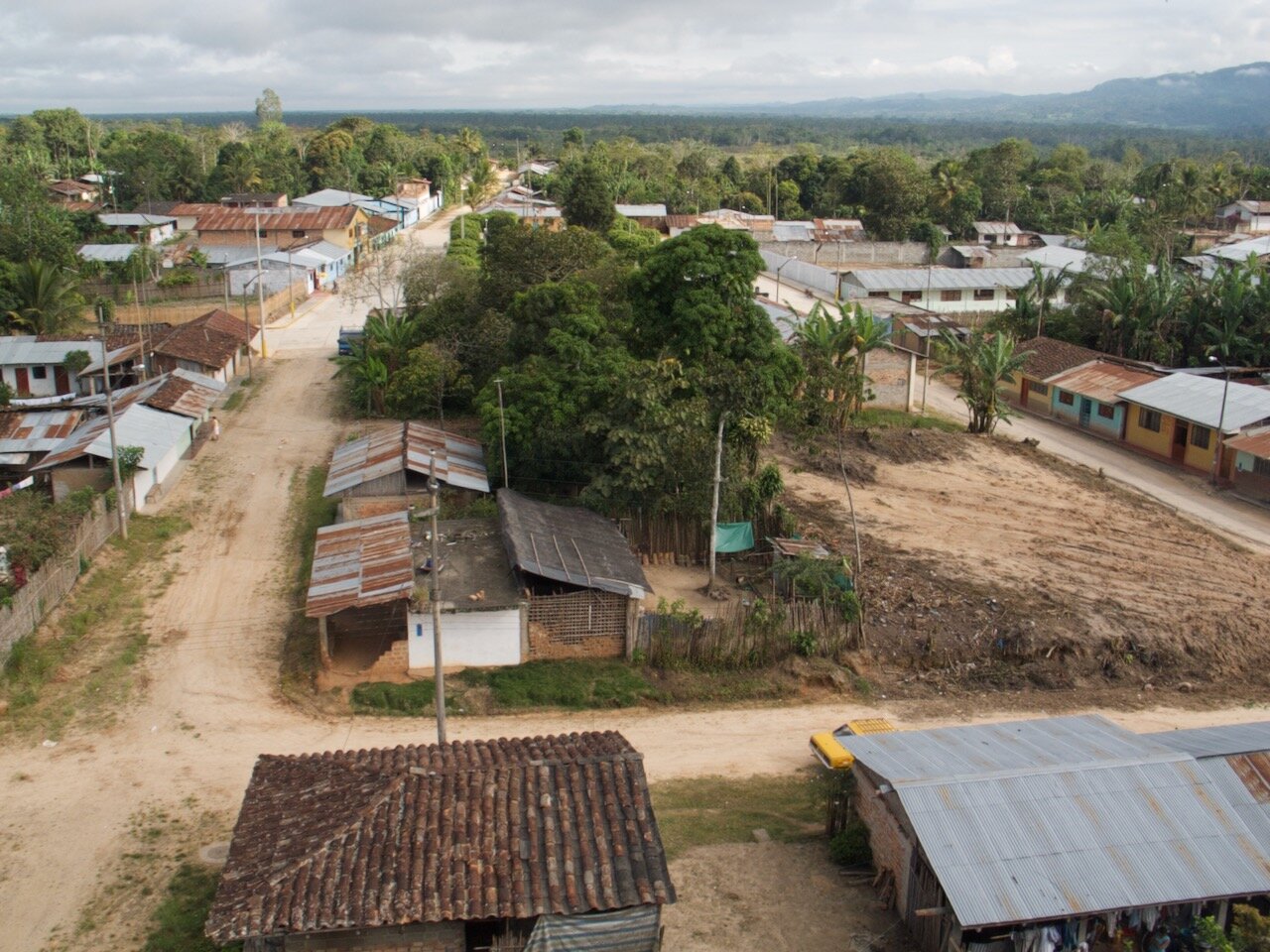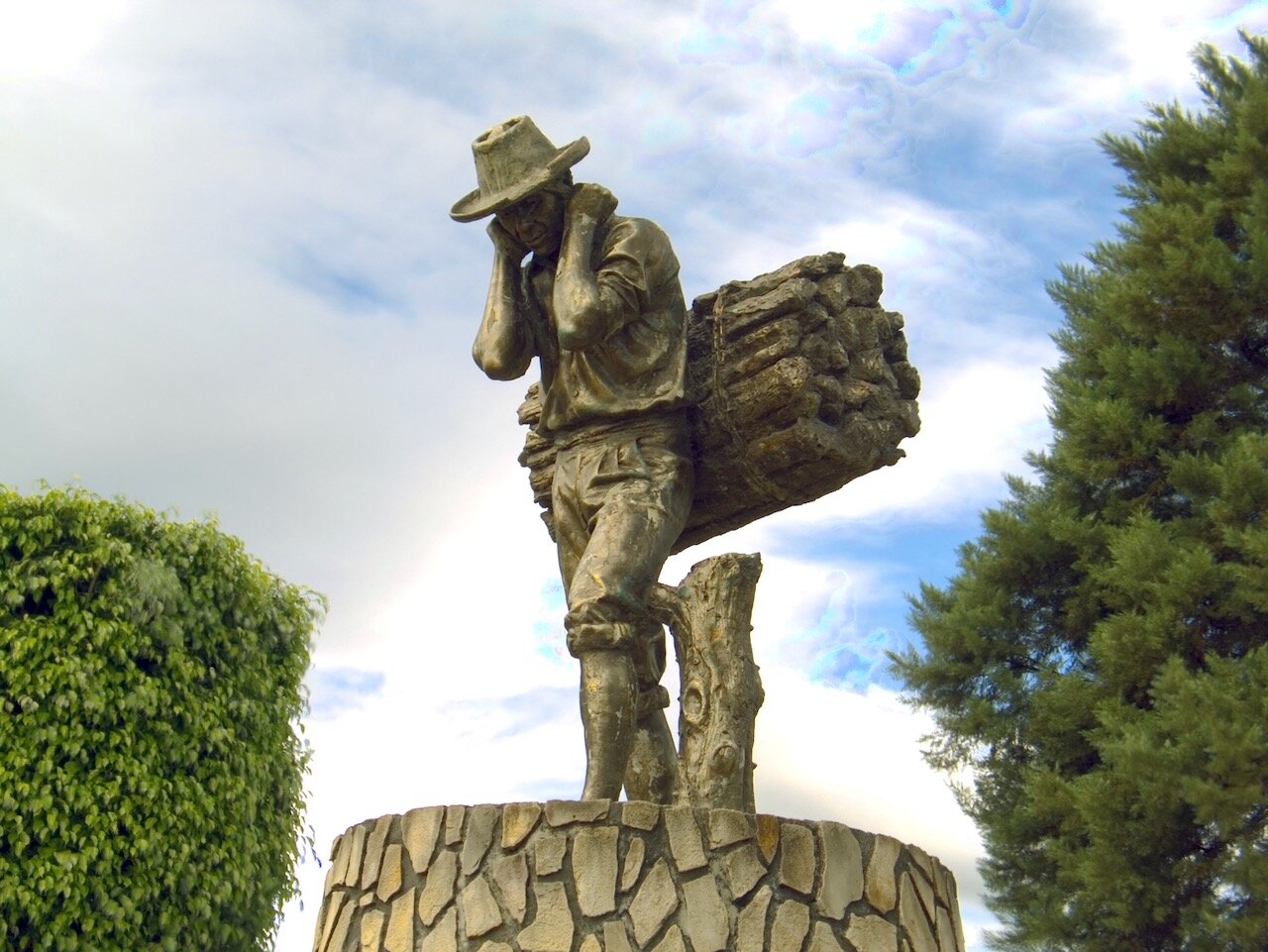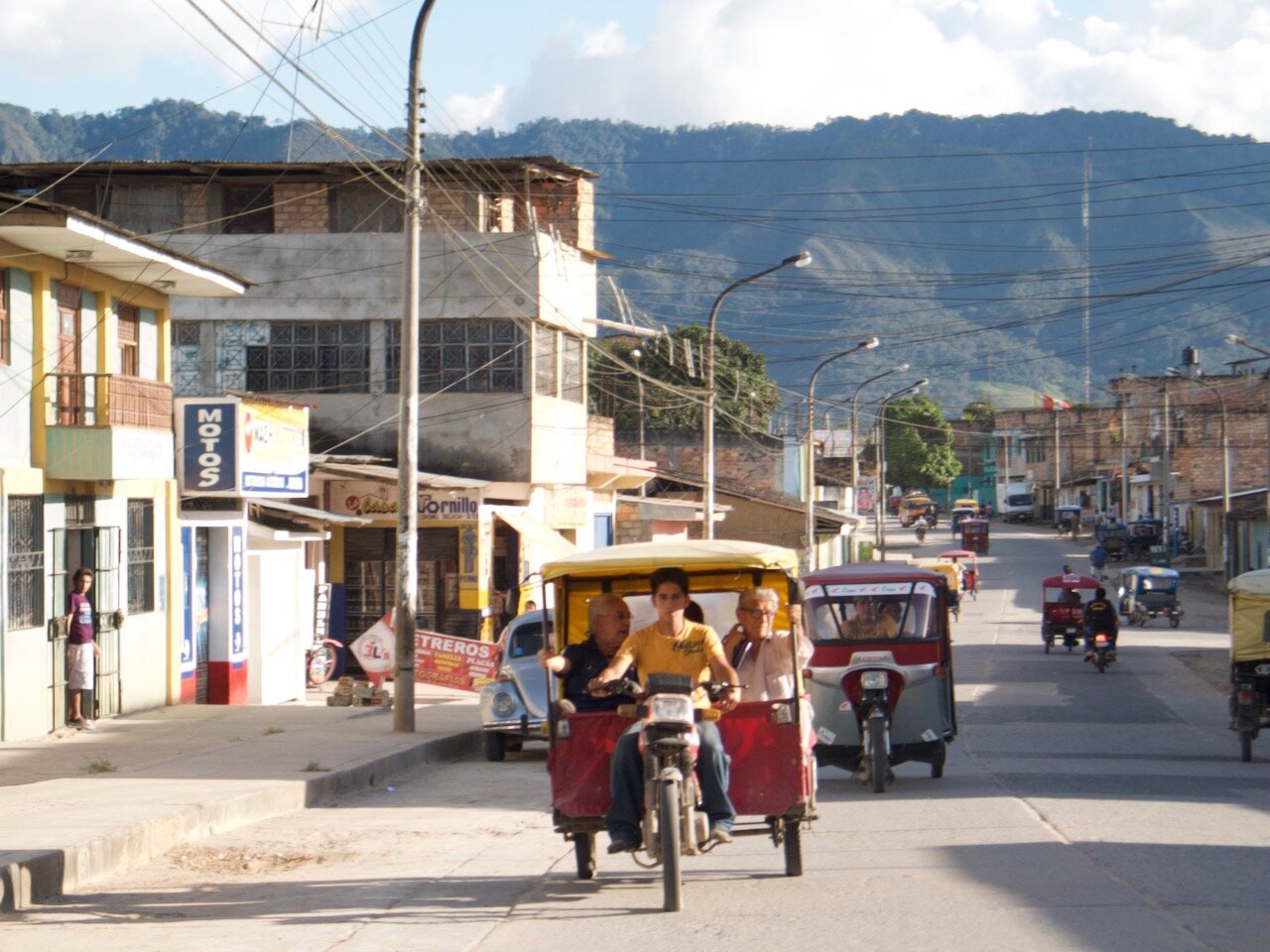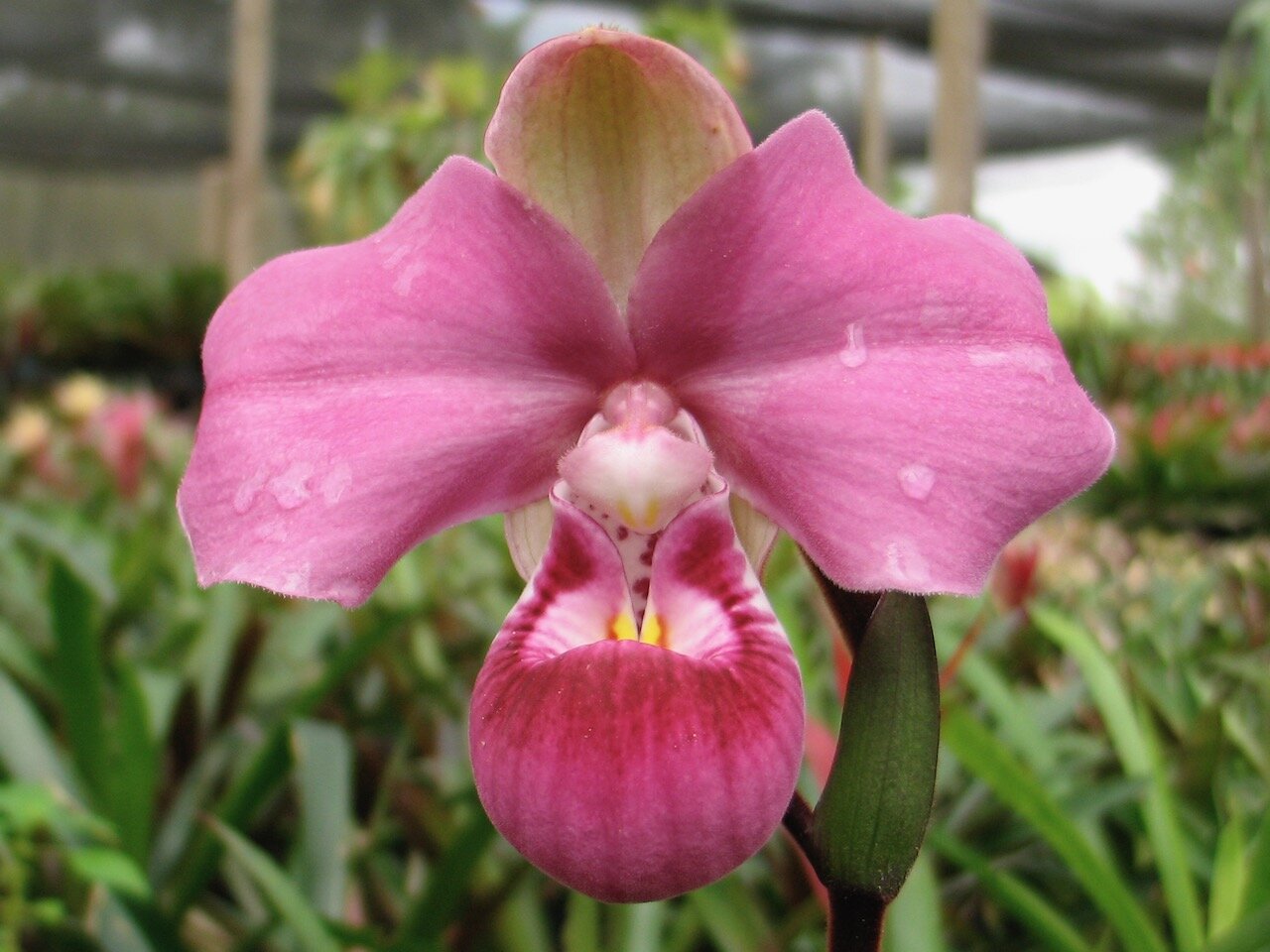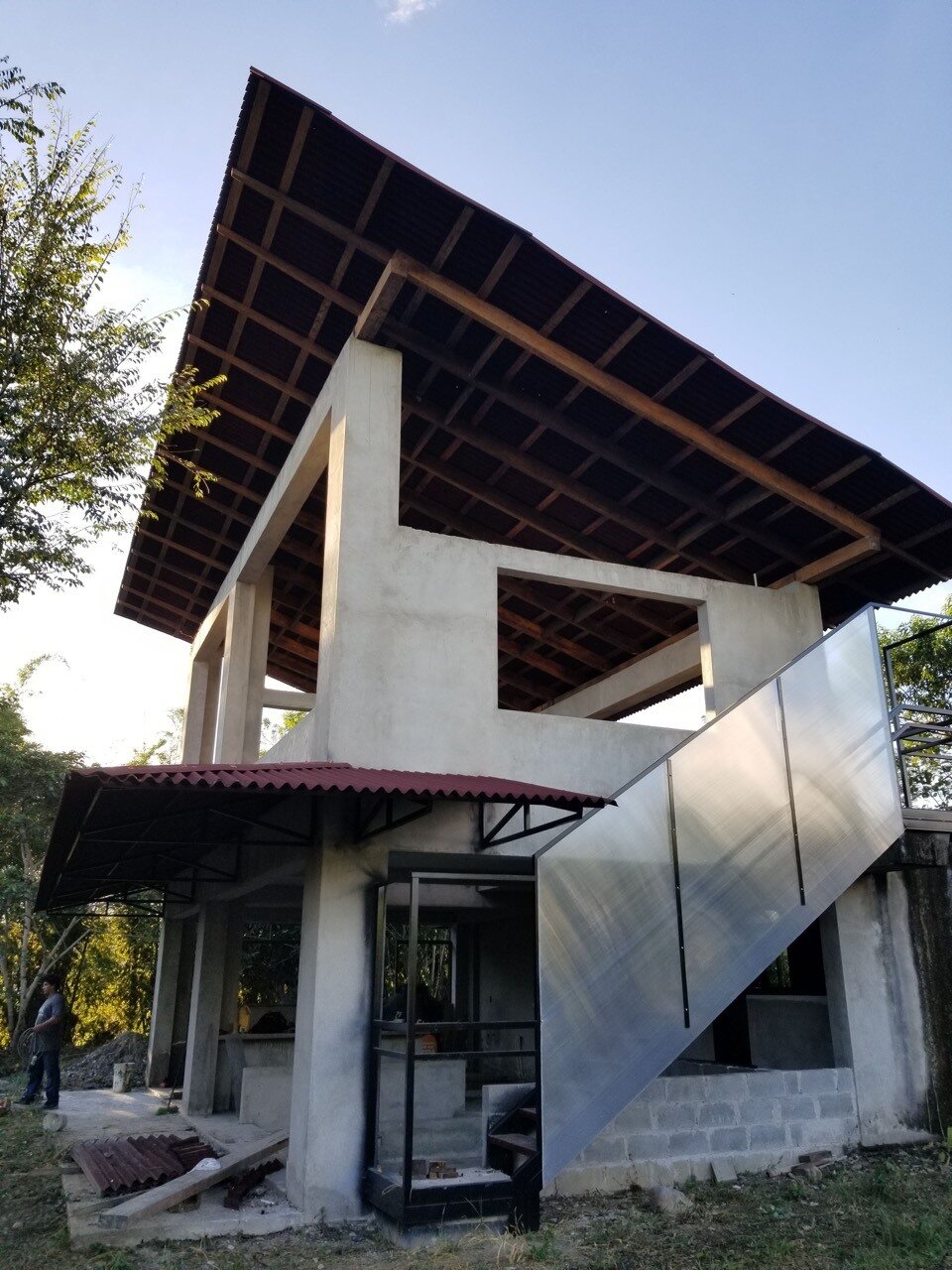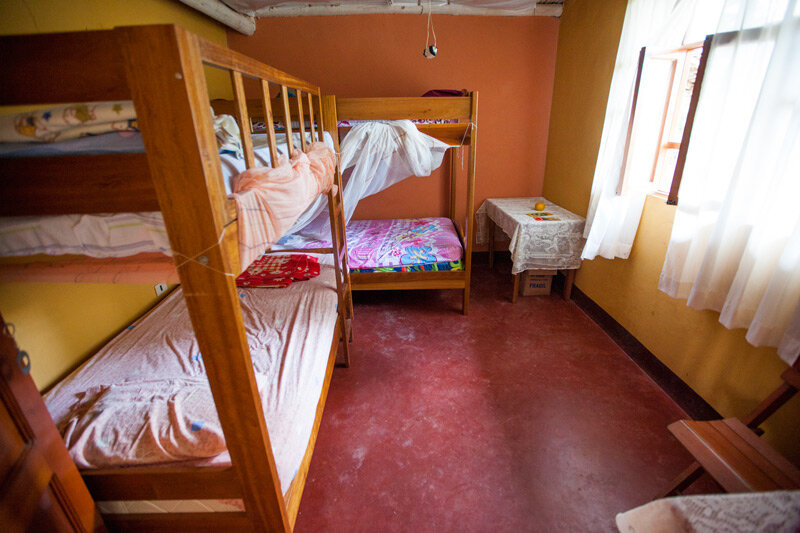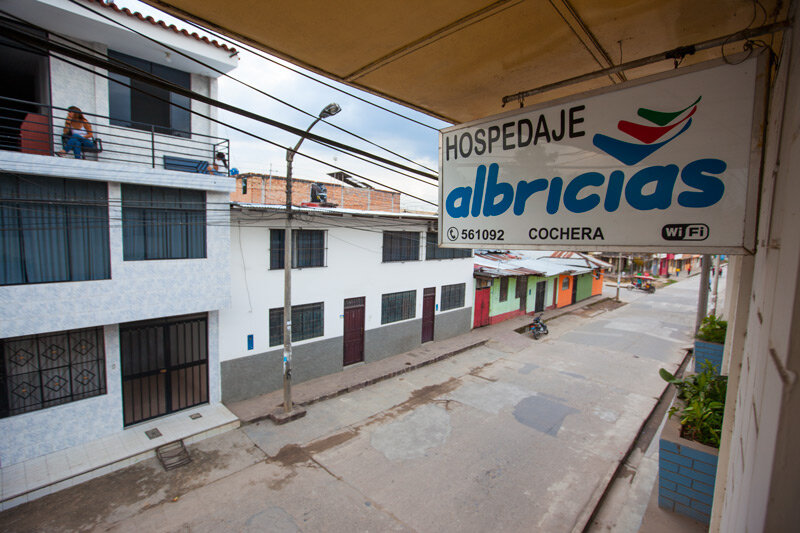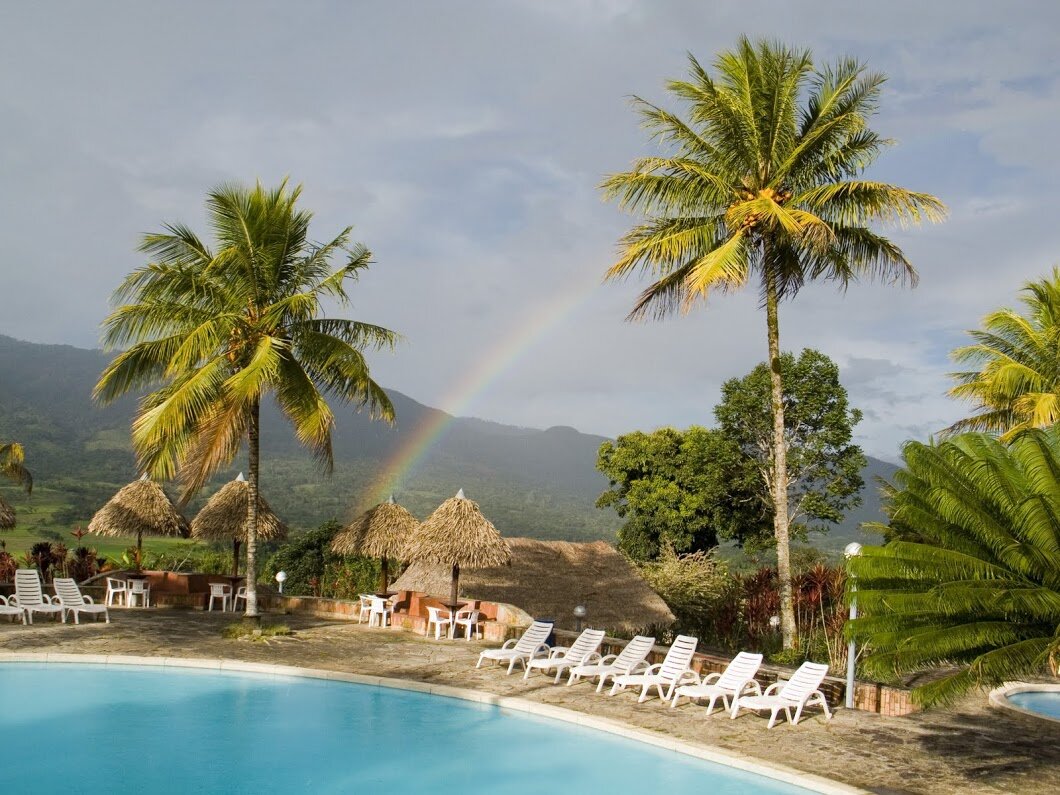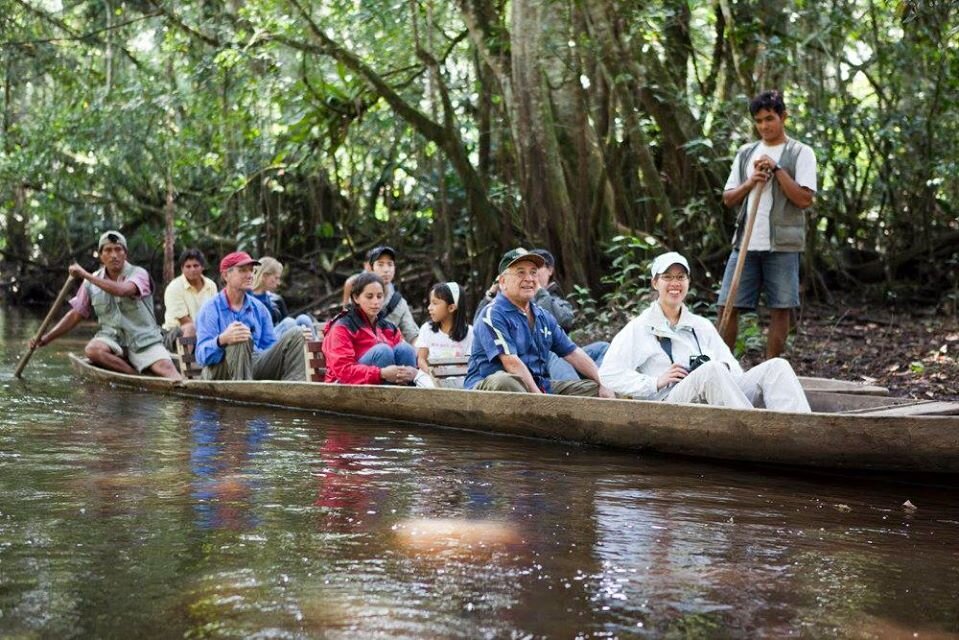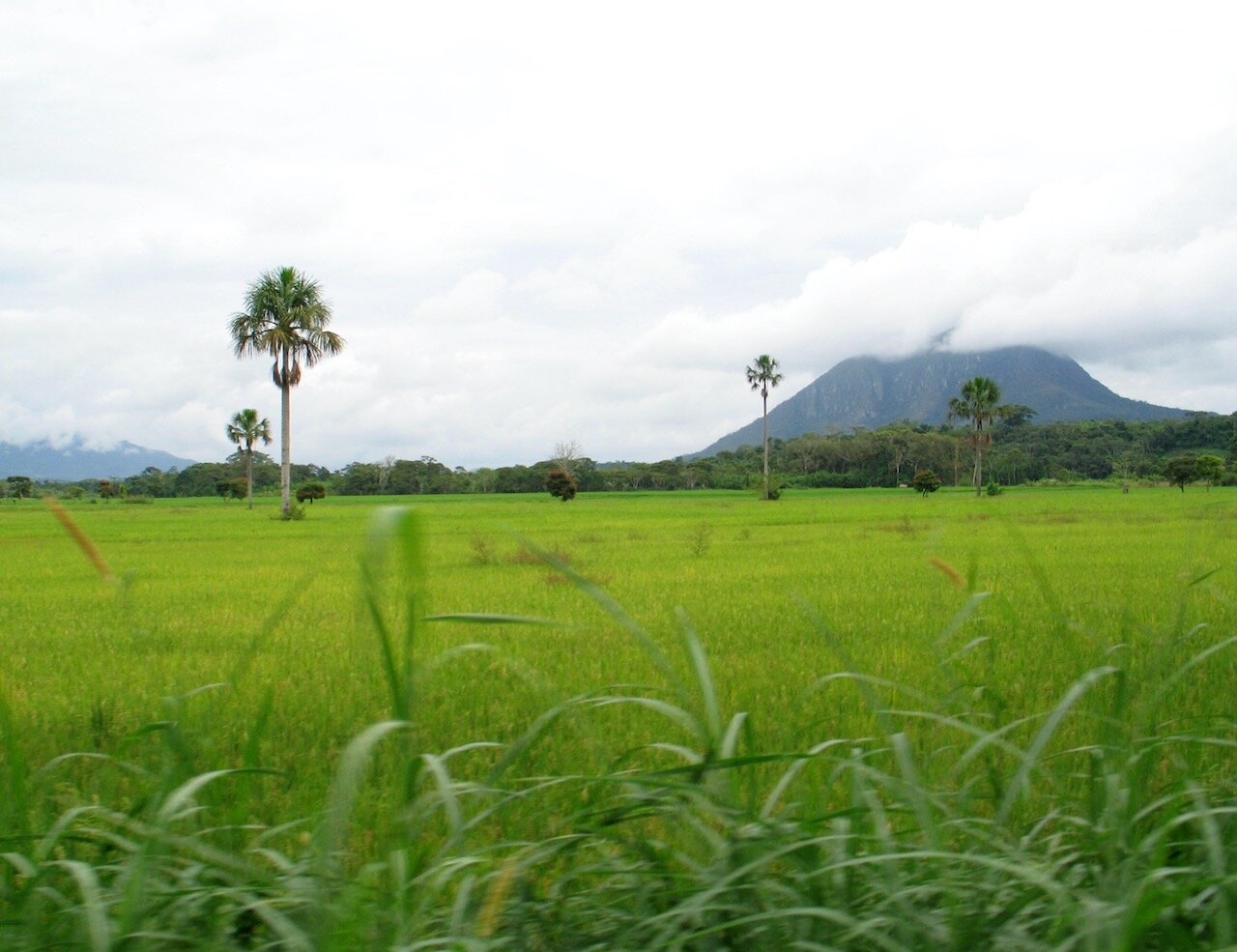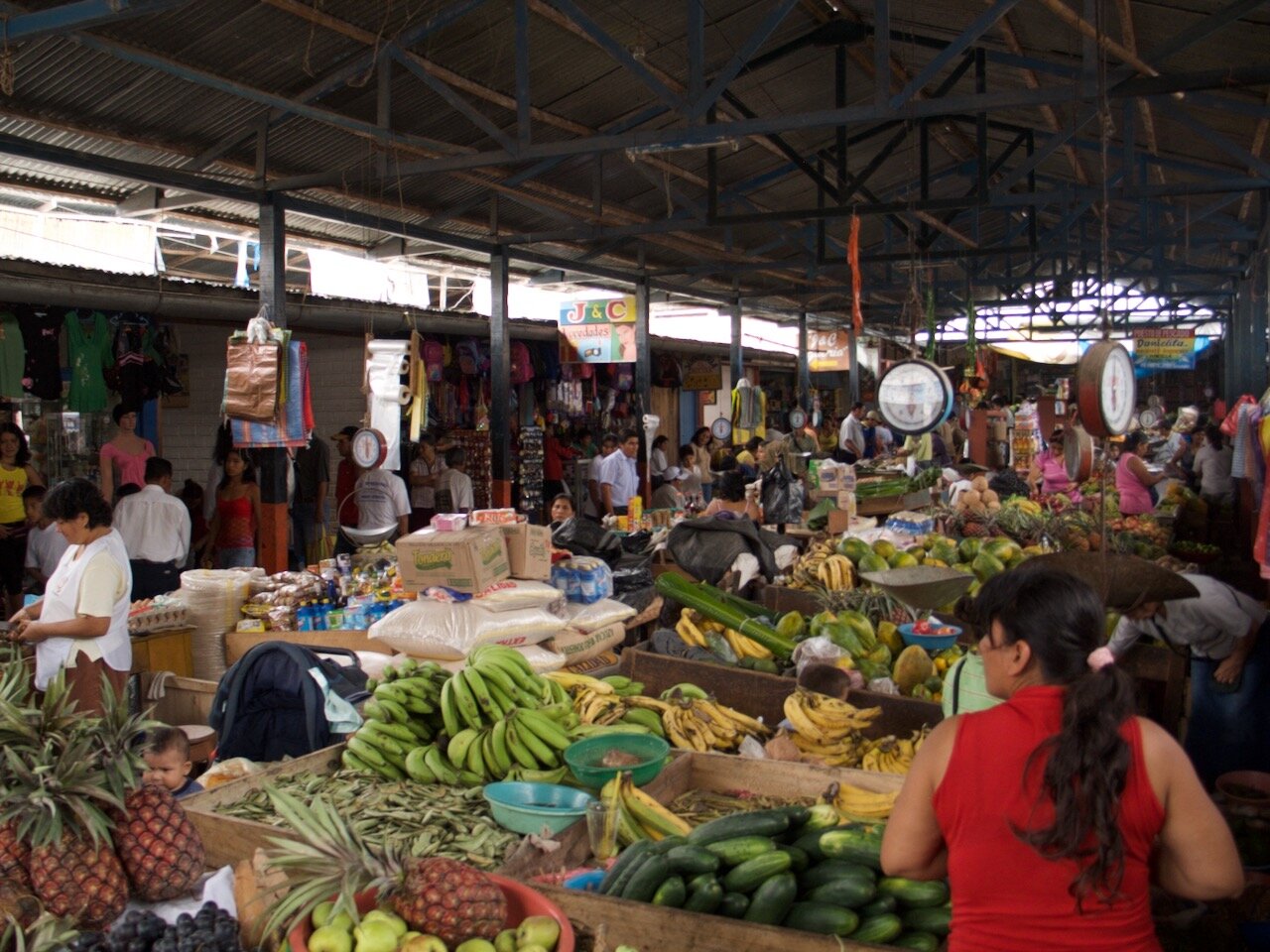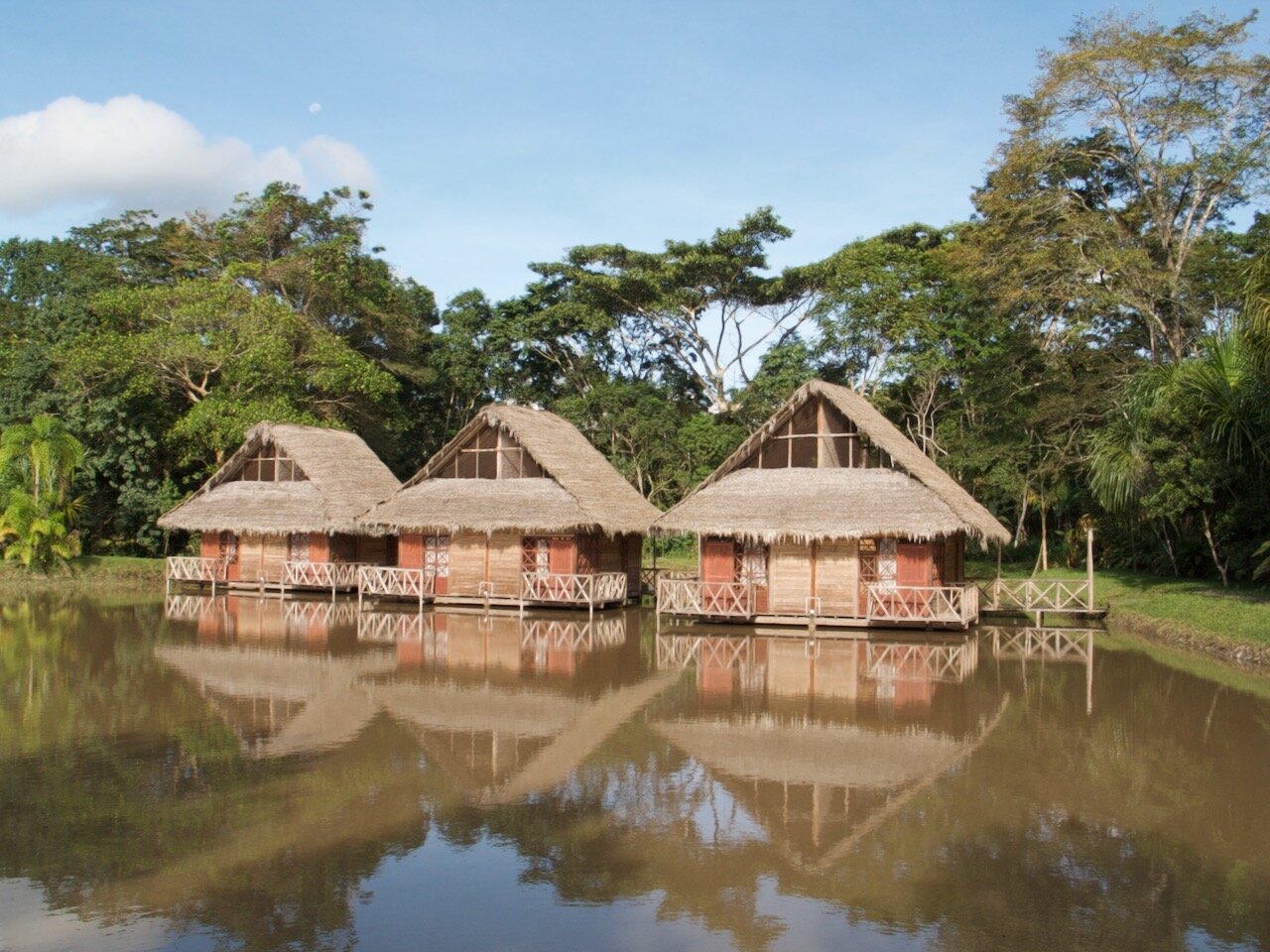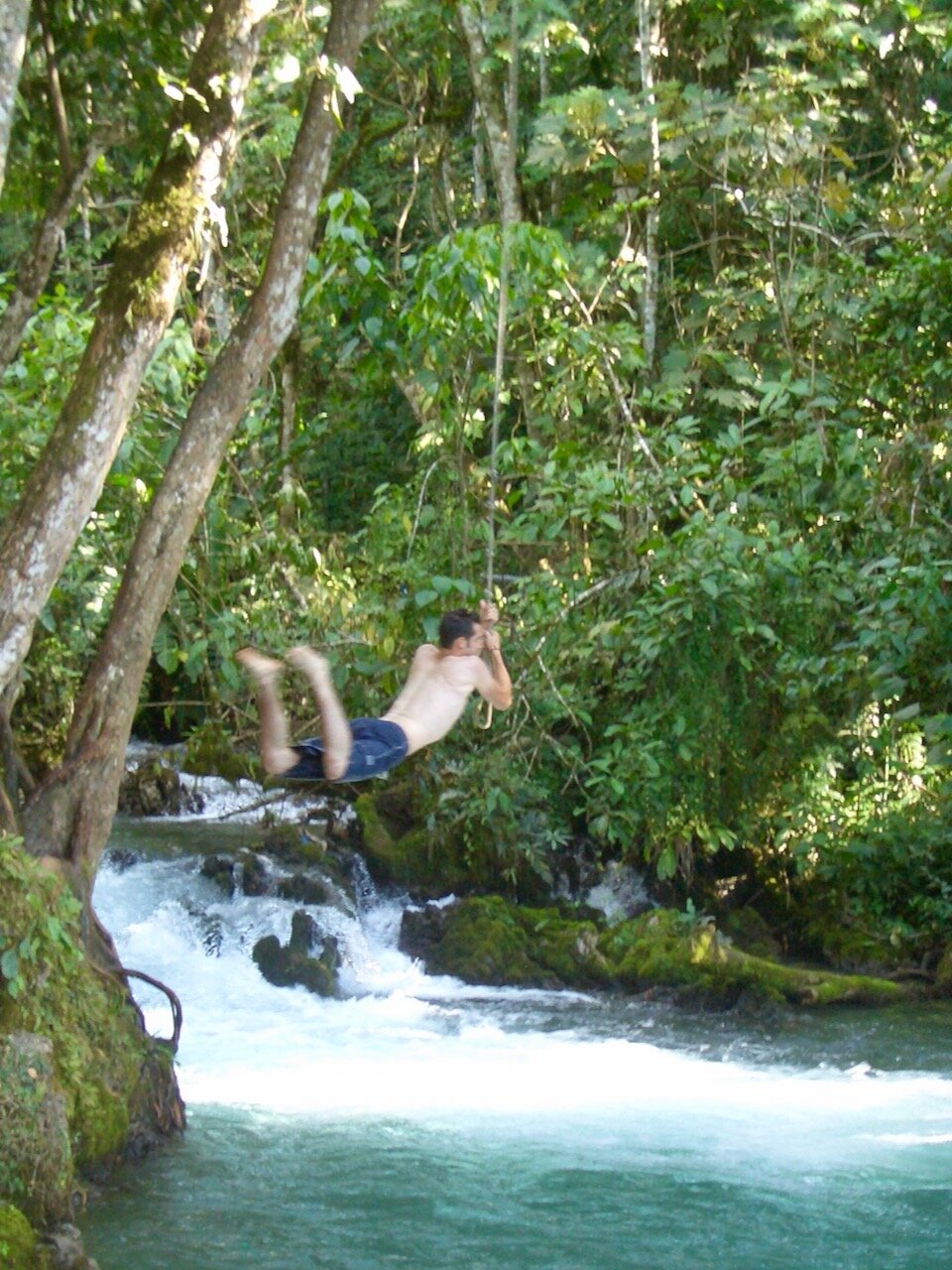Yantalo Information
Yantaló is a rural town in the Alto Mayo region of Peru, in the upper Amazon Jungle. “Yantaló” is a Quechua word meaning “wood carrier”.
Population: 1,200 with the surrounding villages 6,000
In the upper Amazon jungle at 2,700 ft
Rainy season: Dec – April
Moyobama is the nearest town with hotels, banks, stores, etc. Population is about 42,000. It is the capital city of the San Martin Region and known as “ The City of Orchids”
The nearest airport is in Tarapoto
MORE INFORMATION HERE on the Yantalo Volunteer House site.
Travel Information
When your dates have been selected with Dr. Luis Vasquez & Mery Padilla, contact:
Sarah (milalatin@aol.com) for flights and Lima transportation and hotels.
Mery (mpadilla@yantaló.org) for ground travel & hotels near Yantalo (taxi transportation from Tarapoto to Moyobama/Yantaló etc)
Layovers in Lima:
If your layover is during the day or longer than 6 hours:
You can take a taxi into the city. Miraflores is an easy part to visit. You can arrange a taxi pick up from the airport with Sarah or take Green Taxi, which is a reliable company. It is recommended that you take a registered taxi and confirm rate before entering the taxi.
Lima to Tarapoto by plane (about 1hr):
The fastest way is by plane. Daily flights are offered
Tarapoto to Moyobamba or Yantaló by vehicle (about 3hrs):
Mery can arrange a taxi for you directly to Yantaló or Moyobamba. About S./120 (per taxi). Cheaper to Moyobamba option are: Shared taxis (S./20), buses “combis” (S./15), and shared car “collectivos” (S./10). From Moyobamba, you can find a taxi (S./15) or motorcar (S./5).
Note: If you arrive in Tarapoto after 4pm it is recommended to spend the night in Tarapoto, as travel on the road is not safe at night.
Note: Sometimes there are police or a local vigilante groups on the roads that will stop the car. It is expected for you to give money (s/1 – s/3), the driver often will just take care of this.
Accommodations
Yantaló visitors can either live in Yantaló in a homestay, Yantalo hostal, at the clinic dorm facility, or at a hotel or hostal in Moyobamba. Once the Yantaló volunteer house is completed, volunteers will also have the choice to stay there.
Moyobamba Accommodation Recommendations (there are many options in Moyo)
Puerto Mirador Hotel
A nice hotel with a restaurant, pool, wifi, and (*usually) hot water. It is outside of town a bit. Most big groups and Volunteer Doctors stay here. They also have delicious Pisco Sours.
Hotel Abrecias
This is a small, volunteer friendly hotel. Think more hostel quality beds/rooms, but it’s cheap and a nice owner. It is located right in town. Wifi is in the common area and there is (*usually) hot water.
Advice
What to Bring
Bug spray (important for jungle travel, while in town, bugs aren’t as bad). Sunscreen, hand sanitizer. Snacks for between meals (can be obtained in-country)
First aid items: band-aids, painkillers, antacids and/or stomach relievers (can be obtained in-country).
Converters/adapters for devices that do not accept 220v. U.S. power is 110v, but most computer, camera and phones are okay with 220v as well.
Ear plugs (if you stay in Yantaló, there are often early morning & late night noises)
Plastic bags for dirty clothes, so your suitcase doesn’t smell. Zip lock bags are also a great way to pack.
Clothes – Light weight items you do not mind getting dirty. Comfortable sandals and closed-toed shoes for clinics. Sunhat, raincoat
Towel – if staying in a homestay. Sheets are not required, but you can bring if desired
Gifts – clothes, toys and school supplies can be donated to the school. Gifts for your homestay family such as memorabilia from your hometown or country are great.
What NOT to Bring
Expensive, delicate, or beloved clothing and other belongings.
Travelers checks – these take extra work to cash.
Hairdryers.
Uncomfortable or fancy shoes.
General Information
Electricity: Peru uses the Type-C outlet. Standard 2-prong European and U.S. plugs work in some Peruvian outlets. Make sure your electronics are rated up to 220V. If you bring an electronic only rated up to 120V and plug it in to an outlet in Peru, the electronics will burn out instantly!
Immunizations: Please visit the CDC PERU WEBSITE for recommendations.
Malaria: Incidence of malaria is very low year-round in this upper Amazon region. It is notrequired for volunteers to be on malaria prophylaxis. However if you plan to spend a lot of time in the deeper jungle, or are planning to come during the rainy season (Dec-May) then you may feel more comfortable. Incidence of malaria is also low in Cusco and Lima.
Currency and cash: The currency in Peru is the Nuevo Sol or “Sol” / “Soles”. Many places do not accept credit cards and don’t have change for large bills. We suggest carrying small bills with you, especially in Yantaló. Cash MUST also be in perfect condition.
Tipping: is done minimally. Often locals just leave whatever leftover change there is from the bill.
To be a nice traveler but not overly tourist, you can leave 1 or 2 soles for a meal.
Local Information
Getting Money and ATMs: Check with your bank for fees. We recommend taking money out at the ATM at the LIMA AIRPORT, or changing money there, as travel to Yantaló takes time and you may not have an opportunity. There are no banks in Yantaló. In Moyobamba, Scotia and Banco Continental are good ATMs (Banco Continental connects with Chase). In Moyobamba, there are cheap places to exchange money. Cash MUST be in perfect condition or else it will not be accepted.
Water: You should not drink the local water. Bottled water can be purchased from any of the town’s convenience stores. It is recommended that any volunteer staying more than a week purchase a refillable blue canister from the corner store. One must put down a S./35 deposit to use the canister, and it costs S./5 to fill up. It is not recommended for volunteers to consume unpurified water in Peru.
Food: Snacks and some groceries can be purchased in the small bodegas in Yantaló. There are bigger supermarkets in Moyobamba as well as the big open air market.
Internet: There is wifi at the clinic that often works. There is wifi that comes from the Municipalidad, but it usually does not work. There are computers with internet in the Municipalidad, but they often don’t work. Best option is an internet cafe in Moyobamba or using wifi at the Puerto Mirador hotel.
Cell Phones: You can buy a local pay as you go phone, SIM CARD for your phone, or a USB router for your computer. To obtain these, find a Movistar or Claro store in Moyobamba, Claro has better internet service in Yantaló, Movistar has better cell service. If you have an international plan on your phone, you should get cell service at the hospital.
Laundry: You can do it by hand in the homestays if you buy your own detergent. There are a number of locations in Moyobamba that you can drop off laundry, including the Puerto Mirador Hotel.
Food in Yantalo
If you’re part of a large volunteer mission, the clinic will organize meals.
The clinic has a restaurant that is open most days.
Eating out in Yantaló will cost S.4-7 or $1.50-3 per meal.
Breakfast: You can expect eggs, yogurt, fruit, granola and coffee at breakfast
Lunch / Dinner: Some variation on rice, beans, meat, soup and a salad.
There are few restaurants in Yantaló. Most just have a set menu. You can set up meal plans with some if you’re doing a homestay or staying in Yantalo.
Internet & Food in Moyobamba
Bet-El is a small café and hostel with wifi. Often closes in the middle of the day. They have great ice cream. It is close to the Plaza Central.
La Olla de Barro is a pricier but safe and tasty place to get a meal. They have good wifi that you can get the password for when you sit down.
Many coffee shops and restaurants have opened up around the main plaza in Moyobama
Mercado Central is a market with private vendors, lots of fruit/veggies and super cheap.
Groceries: Mega Moyobaba is on Alfonzo Alvarado, taxi drivers will know where it is. It is like a normal supermarket.
ACTIVITIES
Tingana
This is a day trip or overnight stay into the jungle. You take a boat down the river and into the
jungle where you will be fed and then depending on the season either hike or take a boat further
into the jungle. http://www.tingana.org/Climbing El Morro
El Morro is the large mountain that you see (you can’t miss it). Volunteers can either take the tourist route up and down the mountain from Calzada, which takes about 3 hours round-trip. Or, ambitious volunteers can walk from Yantaló. This is much more treacherous (ie: rock-climbing,
mud etc.) You must take this route with someone who is local as there is no path. You should go down the easy Calzada side and organize ride home. From Yantaló roundtrip is about 5-6 hours. Bring lots of water, a meal, bug spray and sunscreen.Plaza de Armas in Moyobamba
The main tourist square in Moyobamba filled with tourist shops & restaurants.The Banos Thermales (Hot Baths)
Outside Moyobamba you can bathe in the hot baths. There are hot pools, showers, and a large pool. It’s a local attraction often full.Punto de San Juan
A quick stop to be made in Moyobamba. A viewpoint overlooking the Rio Mayo.El Museo de Orquídeas
The orchid museum is a small place to check out some of the local flora and buy souvenirs.Milan
This is a nice place to stay outside of Moyobamba featuring huts on the water. The hotel is owned by friends/family of the foundation. It has a restaurant, paintball and a pool.Waterfalls
There are two that have nice hikes, one on the way to the airport, one in the other direction.Nightlife
Moyobamba: Has a number of discotecas, which are typically open Thurs-Sun 9pm to 6am.
There is a nice bar around the Plaza de Armas. The night clubs are mostly down by the river.
